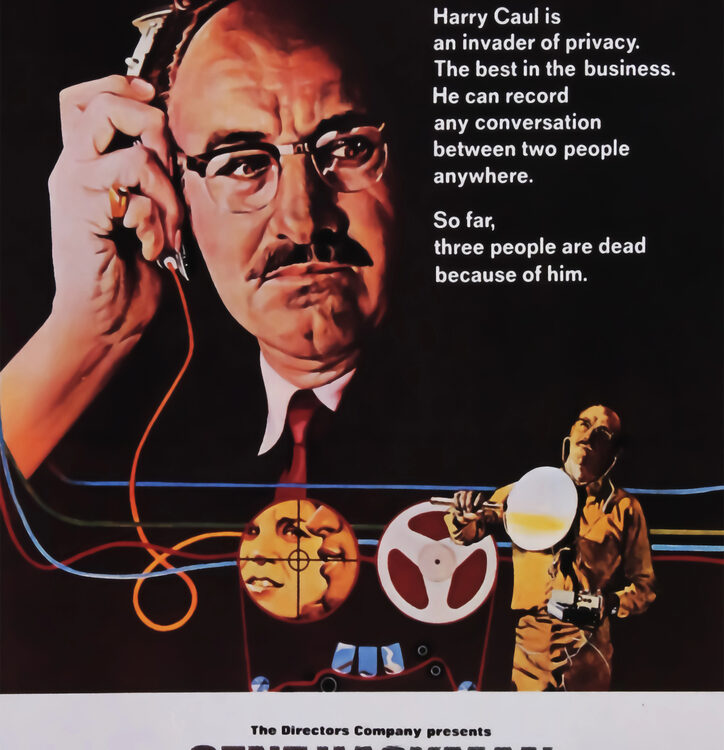Avoid These Easy Ways to Mess Up Your Estate Plan
July 20, 2020Olivia de Havilland Dies at Age 104; Get the Details on Her Estate
August 17, 2020If you have created a Will or a Trust, congratulations! You have taken an important step toward making sure your loved ones know your wishes and that those wishes will be honored when you die. However, your estate planning documents are not meant to be put away in a safe or drawer and never touched again.

There are several life events that may trigger changes to your Will or Trust:
- Marital status. If you get married, separated, or divorced, you should revisit your estate plan to ensure it addresses your new circumstances.
- Change to dependents. The birth, adoption, or death of a dependent may necessitate changes. In addition, if a child gets married, you may want to create protections for your child’s share of your estate. Similarly, if you created your plan when your children were minors and now they are responsible adults, it may make sense to update your documents to remove guardianship and financial restrictions.
- Concerns about heirs. If you have concerns about a child’s or another heir’s financial ability to manage an inheritance, or if you suspect or know of alcohol, drug, or other substance abuse, there are provisions you can add to your estate plan to provide some peace of mind.
- Financial changes. If you inherited assets, experienced a significant change to your income, or are otherwise in a different place financially now than when you created your estate plan, it is important to meet with an attorney to determine whether changes are needed. Moving from state-to-state (or country-to-country) is another reason to review your situation with your estate planning attorney.
These are the most common reasons to update your plan, but you should also update it if you have a change of heart about who should inherit assets or who should be in charge of winding down your affairs when you die.
As a rule of thumb, even if none of the above changes occur, it is a good idea to review your documents every 3 to 5 years to make sure they still reflect your wishes. If you discover changes are warranted, contact The Estate Planning & Legacy Law Center to schedule a consultation.



